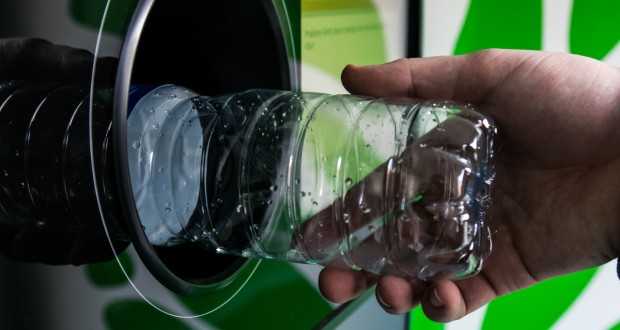England wants to be smoke-free (smoking prevalence falling to 5% or less) by 2030 – with Wales targeting a similar timeline and Scotland four years later.
The FTSE 10 UK listed company says it is taking the unprecedented step of going public with proposals that seek to limit vaping’s appeal and access to the underage and reduce the environmental impact of single-use vapes.
The move will see BAT take out high-profile adverts in newspapers and billboards across the UK ahead of the consultation on the Tobacco and Vapes Bill ending on 6 December.
In response to the consultation, BAT, whose Vuse brand is a popular rechargeable vaping product on the UK market, is calling for dessert and soft drink flavours to be banned, along with marketing slogans and imagery involving toys, cartoons, and sweets.
“Vaping is the key to unlocking the UK’s smokefree target,” said Asli Ertonguc, BAT lead for the UK.
“As the largest manufacturer of vaping products in the UK, we are clear on our responsibilities and are urging the government to introduce more stringent vaping regulations.
“We believe that underage users should never vape, so we want confectionery, dessert and soft drink flavours to be banned and the introduction of a new regime for how and where vapes are sold.”
BAT, which invests £300m a year in R&D annually, with a global research hub in Southampton, believes that regulation to ensure that the right balance is struck between promoting harm reduction and diminishing the risk of unintended underage use offers the best chance of meeting the government’s ambitious target.
This approach recognises the role of flavours as an important driver of adoption for smokers seeking alternatives, while ensuring the removal of specific vapour product flavours that appeal uniquely to anyone underage.
Evidence submitted by ASH (Action on Smoking and Health) to the UK House of Common’s Health and Social Care Committee in July of this year highlighted several studies that reported an association between quitting smoking successfully and using non-tobacco flavoured (e.g., fruit, and menthol) e-liquids as opposed to tobacco flavoured or unflavoured e-liquids.
However, to truly restrict the use and appeal of vapes among the underage, a licensing and retail regime needs to be in place, BAT argues.
This would see those who sell vapes required to have a retail licence, similar to that in place with alcohol and cigarettes, and which would be revoked if they were found to be selling to anyone underage.
Retailers would also have to demonstrate to Trading Standards that they observe either Challenge 25 protocols or new technologies at point-of-sale locations which verify age, such as facial recognition cameras.
In addition to tackling underage vaping, BAT also wants vapes to be made more environmentally responsible. BAT wants it to be mandatory for single use vapes to have removable batteries, to make recycling more straightforward.
Finally, it said products shipped to the UK should be subject to a mandatory testing programme to ensure products are compliant with UK regulations before they can be sold.
 Talking Retail Grocery and product news for independent retailers
Talking Retail Grocery and product news for independent retailers






